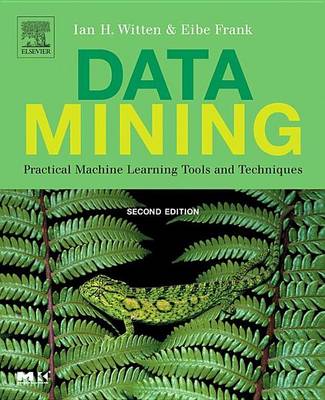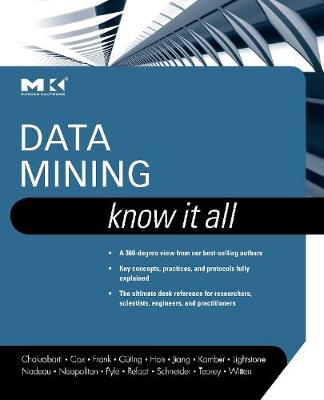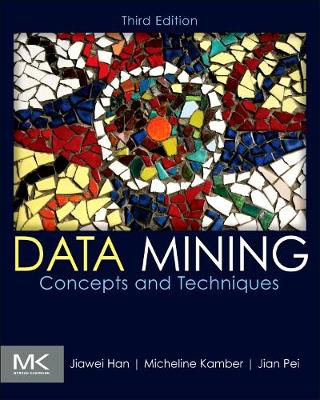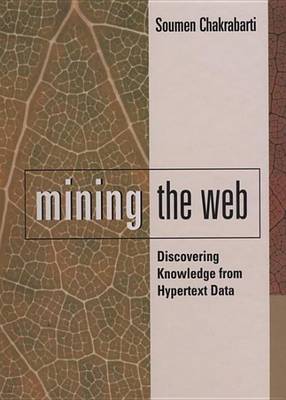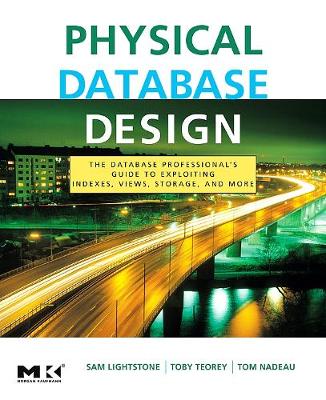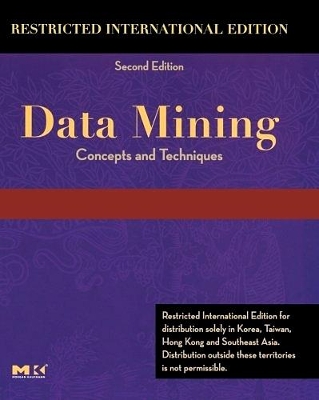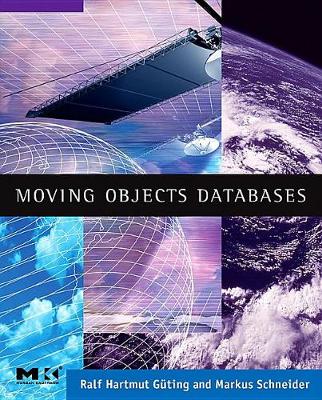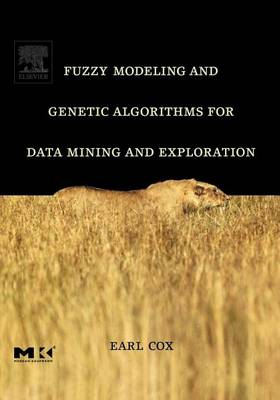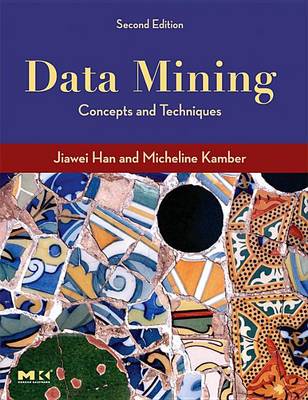The Morgan Kaufmann Series in Data Management Systems
11 total works
Database Modeling and Design
by Toby J. Teorey, Sam Lightstone, and Tom Nadeau
The highlights of this new edition include thirty new technique sections; an enhanced Weka machine learning workbench, which now features an interactive interface; comprehensive information on neural networks; a new section on Bayesian networks; and much more.
This text is designed for information systems practitioners, programmers, consultants, developers, information technology managers, specification writers as well as professors and students of graduate-level data mining and machine learning courses.
The classroom features that are available online include: instructor's manual - course slides (in PowerPoint) - course supplementary readings - sample assignments and course projects. It offers a comprehensive, practical look at the concepts and techniques you need to know to get the most out of real business data. It is organized as a series of stand-alone chapters so you can begin anywhere and immediately apply what you learn. It presents dozens of algorithms and implementation examples, all in easily understood pseudo-code and suitable for use in real-world, large-scale data mining projects. It provides in-depth, practical coverage of essential data mining topics, including OLAP and data warehousing, data preprocessing, concept description, association rules, classification and prediction, and cluster analysis. It addresses advanced topics such as mining object-relational databases, spatial databases, multimedia databases, time-series databases, text databases, the World Wide Web, and applications in several fields.
Data Mining: Know It All
by Soumen Chakrabarti, Earl Cox, Eibe Frank, Ralf Hartmut Guting, Jiawei Han, Xia Jiang, Micheline Kamber, Sam S. Lightstone, Thomas P Nadeau, and Richard E Neapolitan
Data Mining: Concepts and Techniques
by Jiawei Han, Micheline Kamber, and Jian Pei
This book is intended for Computer Science students, application developers, business professionals, and researchers who seek information on data mining.
Physical Database Design
by Sam S. Lightstone, Toby J. Teorey, and Tom Nadeau
Physical Database Design discusses the concept of how physical structures of databases affect performance, including specific examples, guidelines, and best and worst practices for a variety of DBMSs and configurations. Something as simple as improving the table index design has a profound impact on performance. Every form of relational database, such as Online Transaction Processing (OLTP), Enterprise Resource Management (ERP), Data Mining (DM), or Management Resource Planning (MRP), can be improved using the methods provided in the book.
Data Mining, Southeast Asia Edition
by Jiawei Han, Jian Pei, and Micheline Kamber
Like the first edition, voted the most popular data mining book by KD Nuggets readers, this book explores concepts and techniques for the discovery of patterns hidden in large data sets, focusing on issues relating to their feasibility, usefulness, effectiveness, and scalability. However, since the publication of the first edition, great progress has been made in the development of new data mining methods, systems, and applications. This new edition substantially enhances the first edition, and new chapters have been added to address recent developments on mining complex types of data— including stream data, sequence data, graph structured data, social network data, and multi-relational data.
It includes homework assignments at the end of each chapter, exercises throughout the text that students can complete as they read, and a solutions manual in the back of the book.
This book is intended for graduate or advanced undergraduate students. It is also recommended for computer scientists and database systems engineers and programmers in government, industry and academia; professionals from other disciplines, e.g., geography, geology, soil science, hydrology, urban and regional planning, mobile computing, bioterrorism and homeland security, etc.
Fuzzy Modeling and Genetic Algorithms for Data Mining and Exploration
by Earl Cox
You don't need a background in fuzzy modeling or genetic algorithms to benefit, for this book provides it, along with detailed instruction in methods that you can immediately put to work in your own projects. The author provides many diverse examples and also an extended example in which evolutionary strategies are used to create a complex scheduling system.

